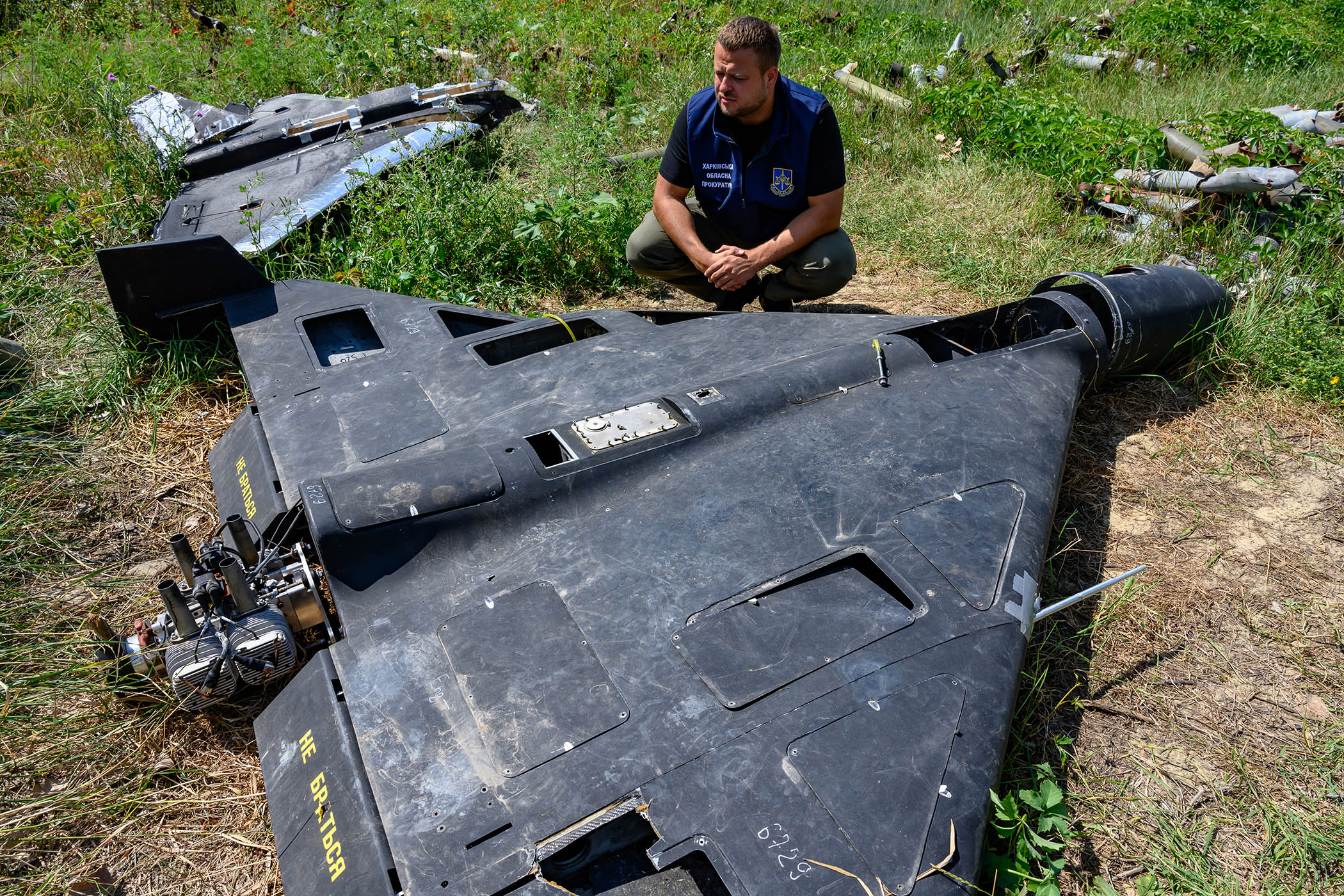From development to defence is the best way to describe the shift in spending priorities among wealthy world governments in the past year or so. Even before Donald Trump returned to the White House, shutting down USAID and demanding Nato allies dramatically increase the share of their gross domestic product spent on defence, most of the hitherto leading countries on international aid, including Britain, had been slashing their commitments.
So optimism may be in short supply among attendees arriving in Seville for this week’s fourth UN financing for development conference. Each previous conference, including the first in Monterrey, Mexico, in 2002, has been more helpful than not in setting global priorities for aid and private sector investment and for strengthening, to some degree, a sense of solidarity between the world’s richer and poorer countries. Is there any chance of a positive result in Seville?
The recently launched Jubilee report, commissioned by the late Pope Francis, and co-written by luminaries such as Nobel laureate Joseph Stiglitz and African economist Vera Songwe offers a compelling and comprehensive blueprint for overhauling the malfunctioning debt and finance architecture.
But in this moment of stalling multilateralism, that is surely too much to hope for. Any progress on reducing the debt burden of the developing world would be a win. And the most promising areas to move forward this week are: improving financial flows between countries in the global south; better accountability and transparency mechanisms to track where any international aid money goes (hopefully, proving it is not all waste and corruption, as the sceptics claim); and initiatives to increase the attractiveness of emerging economies to private investors.
Photograph by Andrew Harnik/Getty Images
Newsletters
Choose the newsletters you want to receive
View more
For information about how The Observer protects your data, read our Privacy Policy



